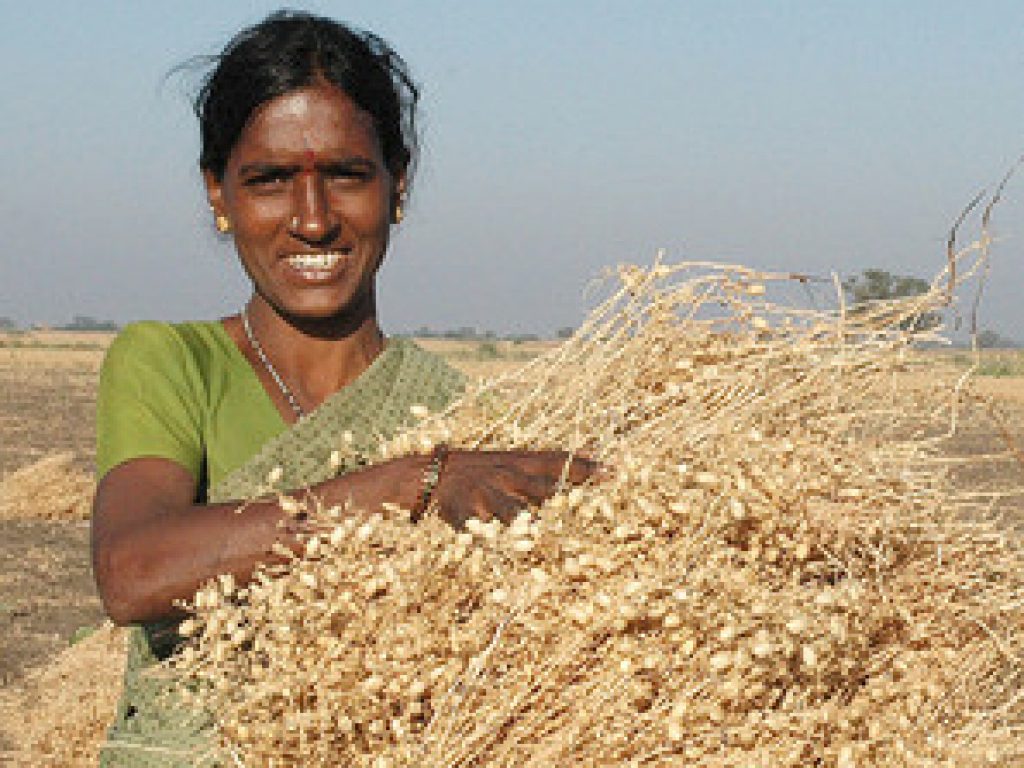
AsianScientist (Jan. 29, 2013) – An international team of scientists has mapped the genome of chickpea (Cicer arietum), the second most widely grown legume crop after soybean. The availability of the chickpea genome map may help scientists cultivate chickpea crops that have higher grain yield and are more resistant to drought and diseases.
In their study, published online in Nature Biotechnology, the team assembled the chickpea genome map by sequencing a Canadian chickpea variety known as CDC Frontier. This particular chickpea variety is widely cultivated and resistant to several important diseases caused by fungi.
After identifying more than 28,000 genes in the CDC Frontier chickpea genome, the scientists then sequenced the genomes of a further 90 chickpea varieties from around the world to understand the genetic diversity found in chickpea.
From this analysis, the scientists found millions of genetic markers and genome regions that exhibited little diversity between chickpea varieties. It is hoped that this information will be useful for developing superior chickpea varieties that are resistant to diseases and are more resilient when confronted by the effects of climate change.
“Genetic diversity, an important prerequisite for crop improvement, is very limited and has been a serious constraint for chickpea improvement,” explains Dr Rajeev Varshney, lead author of the study and coordinator of the International Chickpea Genome Sequencing Consortium (ICGSC).
“This study will provide not only access to ‘good genes’ to speed up breeding, but also to genomic regions that will bring genetic diversity back from landraces or wild species to breeding lines.”
Improved chickpea crops will benefit not only farmers in India, which produces over half the world’s chickpeas, but also many small farm operators in Asia and sub-Saharan Africa.
The article can be found at Varshney et at. (2013) Draft Genome Sequence of Chickpea (Cicer Arietinum) Provides A Resource For Trait Improvement.
——
Source: BGI; Photo: ICRISAT/Flickr/CC
Disclaimer: This article does not necessarily reflect the views of AsianScientist or its staff.
#Australia #BGI-Shenzhen #India #Indian Council of Agricultural Research #Indian Institute of Pulses Research #International Chickpea Genome Sequencing Consortium #International Crops Research Institute for the Semi-Arid Tropics #National Bureau of Plant Genetic Resources #University of Queensland #University of Western Australia












